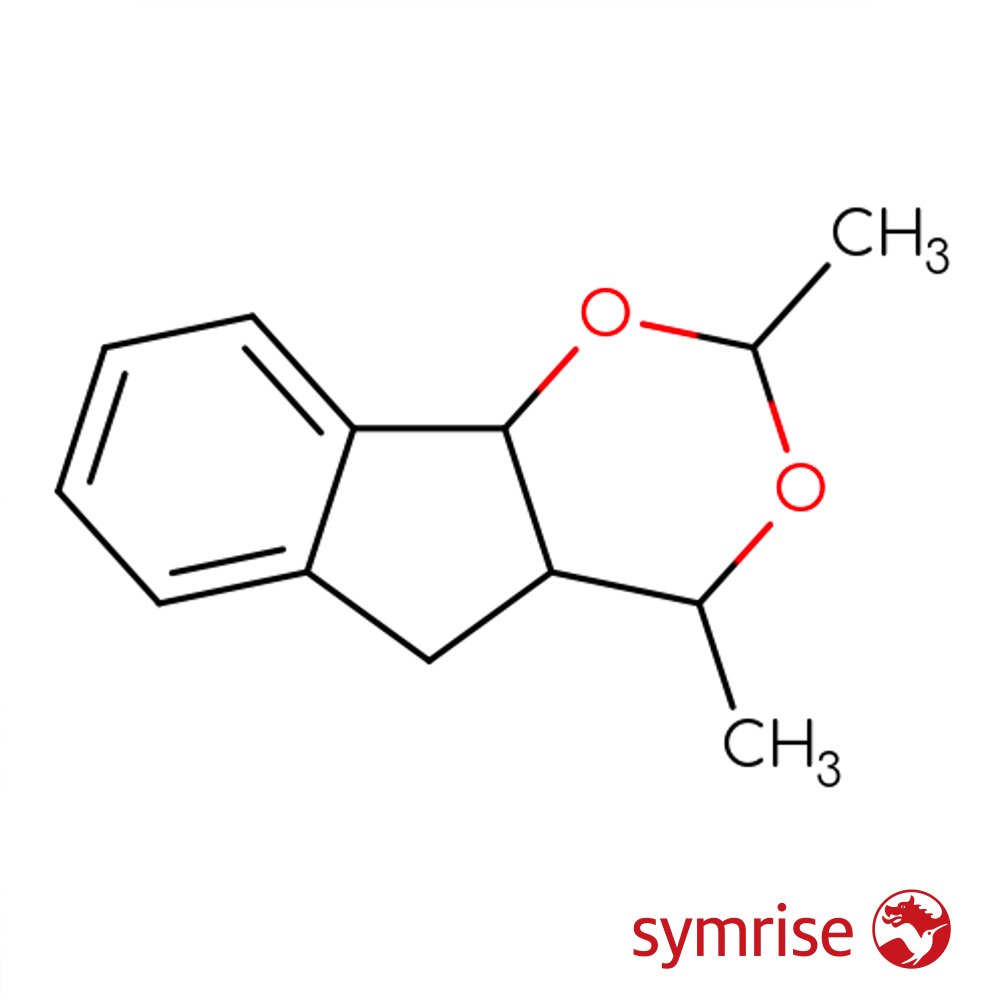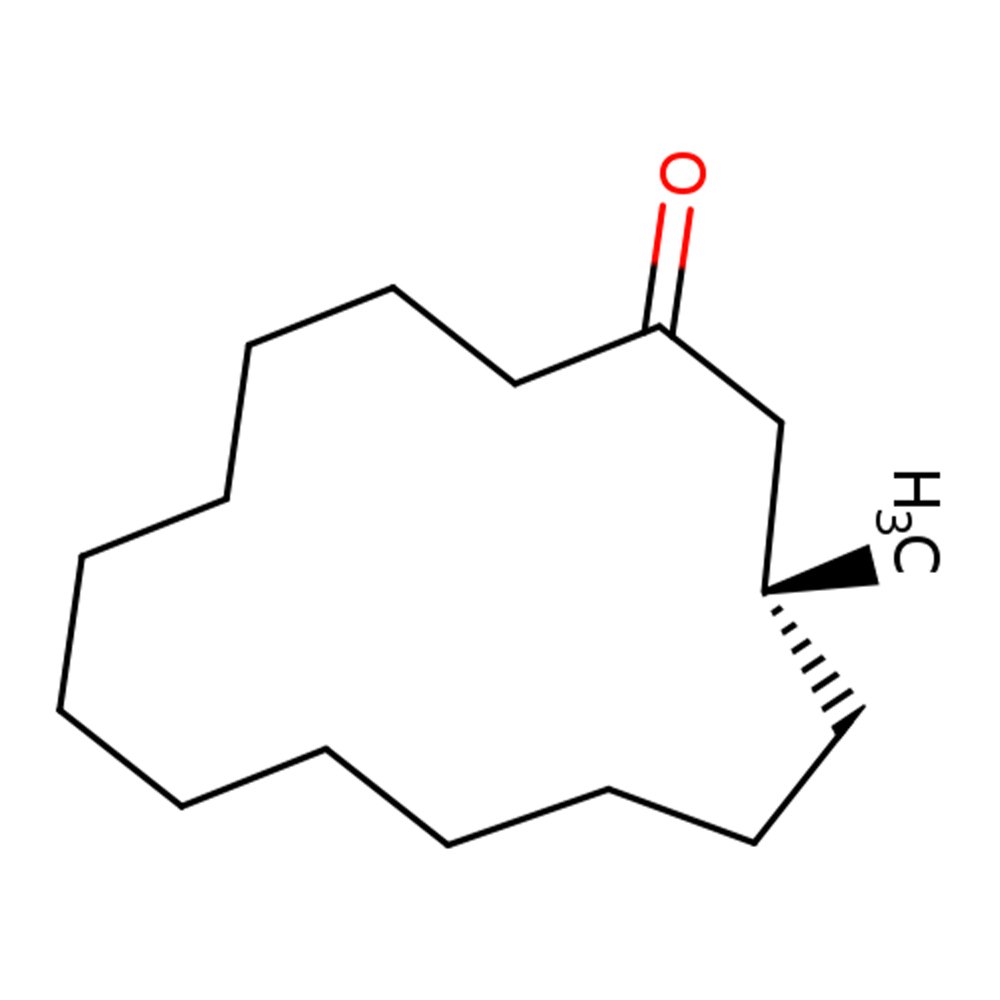 Image 1 of 3
Image 1 of 3

 Image 2 of 3
Image 2 of 3

 Image 3 of 3
Image 3 of 3




Magnolan
Premium Synthetic Ingredient for Perfumery
Magnolan is a synthetic floral ingredient developed by Symrise, known for its fresh, nuanced blend of magnolia, peony, and citrus. Offering a medium odor strength with subtle indolic undertones, it enhances floral and fruity structures, particularly magnolia-like accords. Magnolan is versatile and formulation-stable across personal care and cleaning applications—except bleach—making it ideal for modern fragrance systems.
Premium Synthetic Ingredient for Perfumery
Magnolan is a synthetic floral ingredient developed by Symrise, known for its fresh, nuanced blend of magnolia, peony, and citrus. Offering a medium odor strength with subtle indolic undertones, it enhances floral and fruity structures, particularly magnolia-like accords. Magnolan is versatile and formulation-stable across personal care and cleaning applications—except bleach—making it ideal for modern fragrance systems.
Premium Synthetic Ingredient for Perfumery
Magnolan is a synthetic floral ingredient developed by Symrise, known for its fresh, nuanced blend of magnolia, peony, and citrus. Offering a medium odor strength with subtle indolic undertones, it enhances floral and fruity structures, particularly magnolia-like accords. Magnolan is versatile and formulation-stable across personal care and cleaning applications—except bleach—making it ideal for modern fragrance systems.
Synthetic Ingredient Overview
🏭 Manufacturer: Symrise
🔎 Chemical Name: 2,4-dimethyl-4,4a,5,9b-tetrahydroindeno[1,2-d][1,3]dioxine
🧪 Synonyms: —
🧬 Chemical Formula: C₁₃H₁₆O₂
📂 CAS N°: 27606-09-3
📘 FEMA: Not listed
⚖️ MW: 204.26 g/mol
📝 Odor Type: Floral
📈 Odor Strength: Medium
👃🏼 Odor Profile: Floral-green, reminiscent of magnolia, peony, geranium, grapefruit and lychee, with an indolic nuance
⚗️ Uses: Floralizer, brightness enhancer, used in body care, soaps, powder, and household cleaning formats
🧴 Appearance: Colorless to pale yellow liquid
What is Magnolan?
Magnolan is a synthetic floral fragrance compound first introduced by Symrise in 1967. Chemically known as 2,4-dimethyl-4,4a,5,9b-tetrahydroindeno[1,2-d][1,3]dioxine, it belongs to the indane-dioxine structural class. With a molecular weight of 204.26 g/mol, Magnolan is a colorless to pale yellow liquid, stable under typical formulation conditions.
Its scent blends magnolia and peony with a subtle grapefruit nuance and an indolic undertone. This gives it a distinctive floral brightness that contributes lift and freshness to many fragrance types. Its unique combination of white floral and fruity elements makes it suitable for modern clean compositions.
Olfactory Profile & Perfumery Applications
Magnolan performs best as a floralizer and modifier in:
White floral compositions (magnolia, lily of the valley)
Citrus-forward florals (grapefruit, peony, geranium)
Modern musky florals and fruity blends
Magnolan can be used at levels up to 8% in concentrate. It adds brightness, clarity, and a unique floral-green depth to compositions. It blends well with floral materials (hedione, peony base), fresh fruit notes, and musky or woody backgrounds. The indolic nuance also enables its use in exotic florals such as ylang-ylang or gardenia.
Regulatory & Safety Overview
IFRA: No specific restriction under current IFRA 51st Amendment
EU 1223/2009: Not listed among the 26 declarable allergens
REACH: Registered
Toxicology: Not sensitizing, no CMR classification
Phototoxicity: None reported
Environmental Profile: Readily biodegradable under OECD guidelines
Magnolan is considered safe for perfumery and personal care use at typical usage levels. It meets clean beauty and clean fragrance criteria and complies with the 12 Principles of Green Chemistry due to its synthetic origin and low environmental impact.
Additional Information
Magnolan’s synthesis typically involves a reaction between indene and acetaldehyde, producing a bicyclic structure that contributes to its structural rigidity and low volatility. This feature supports its performance as a floralizer in both volatile top notes and persistent middle accords.
Magnolan has also found increasing use in regions such as the Middle East and Japan, where floral-aromatic blends are popular in both perfumery and food-adjacent applications (e.g. floral-scented waters, alcohols, and desserts). It should not be used as a 1:1 substitute for heliotropin; formulation trials are advised.
Sources
Symrise Technical Documentation
Ventós Ingredient Catalogue (2023)
The Good Scents Company Database
Scentspiracy Internal Research Archive
Perfume and Flavor Chemicals – S. Arctander (1969)




